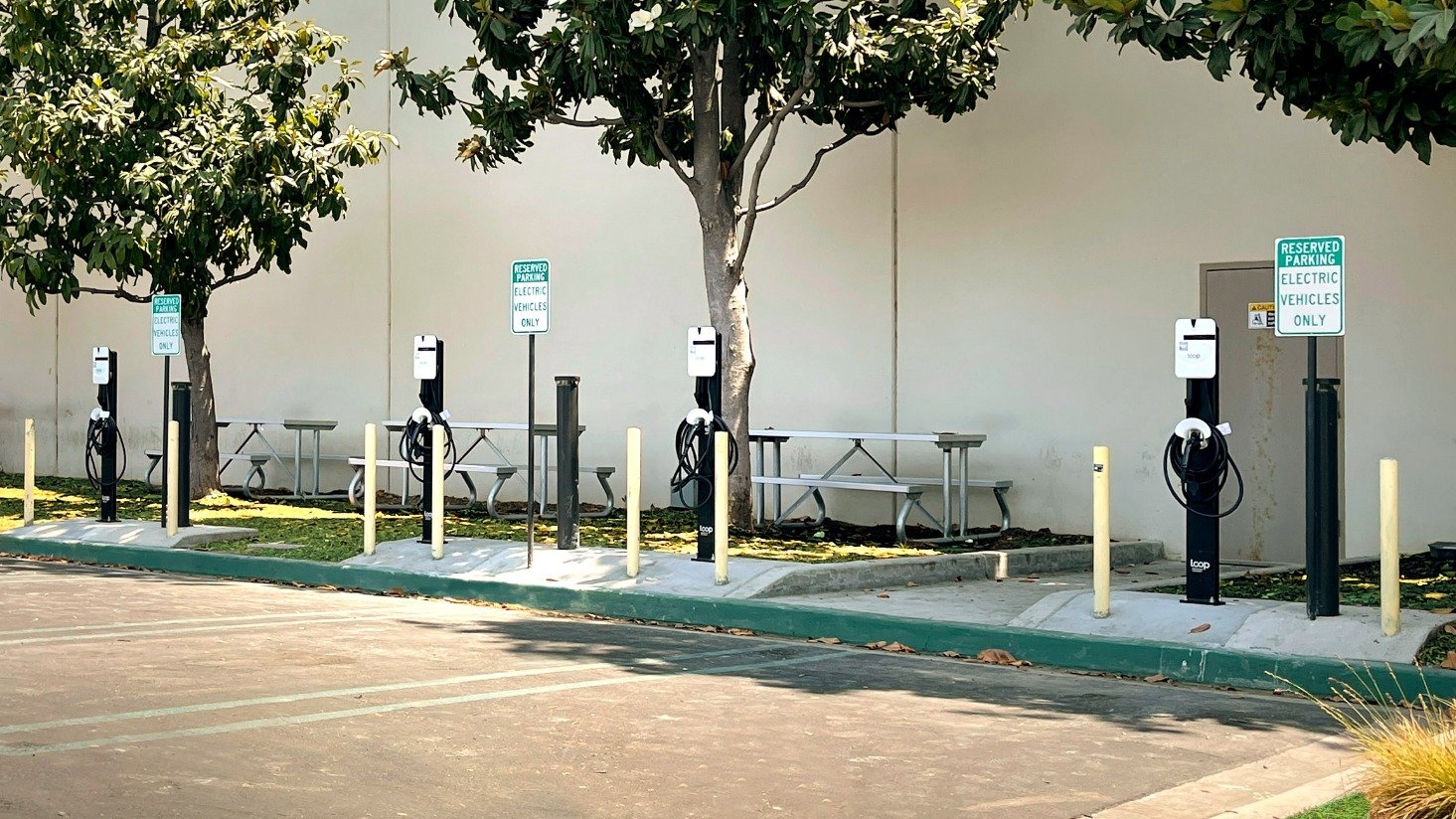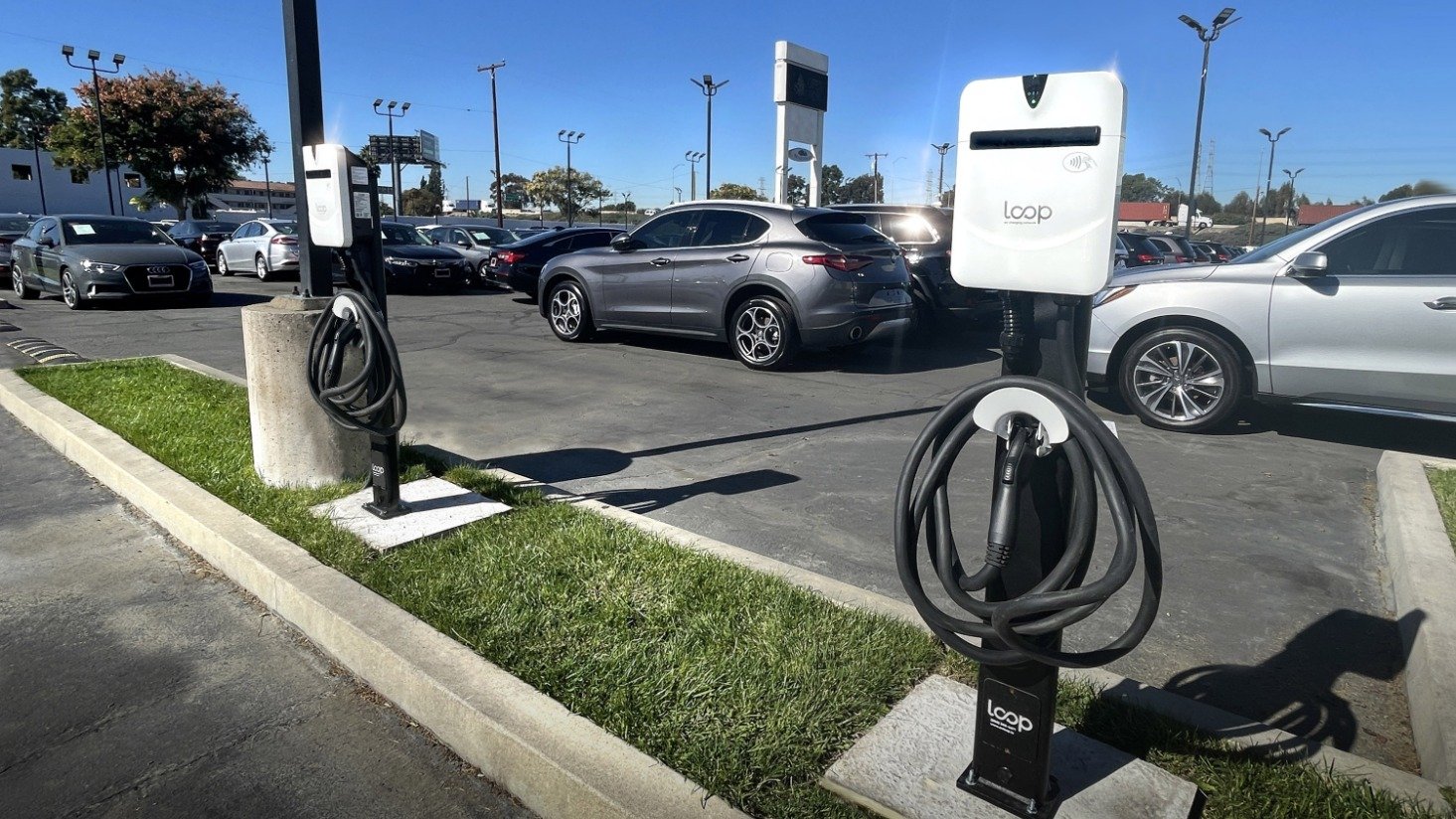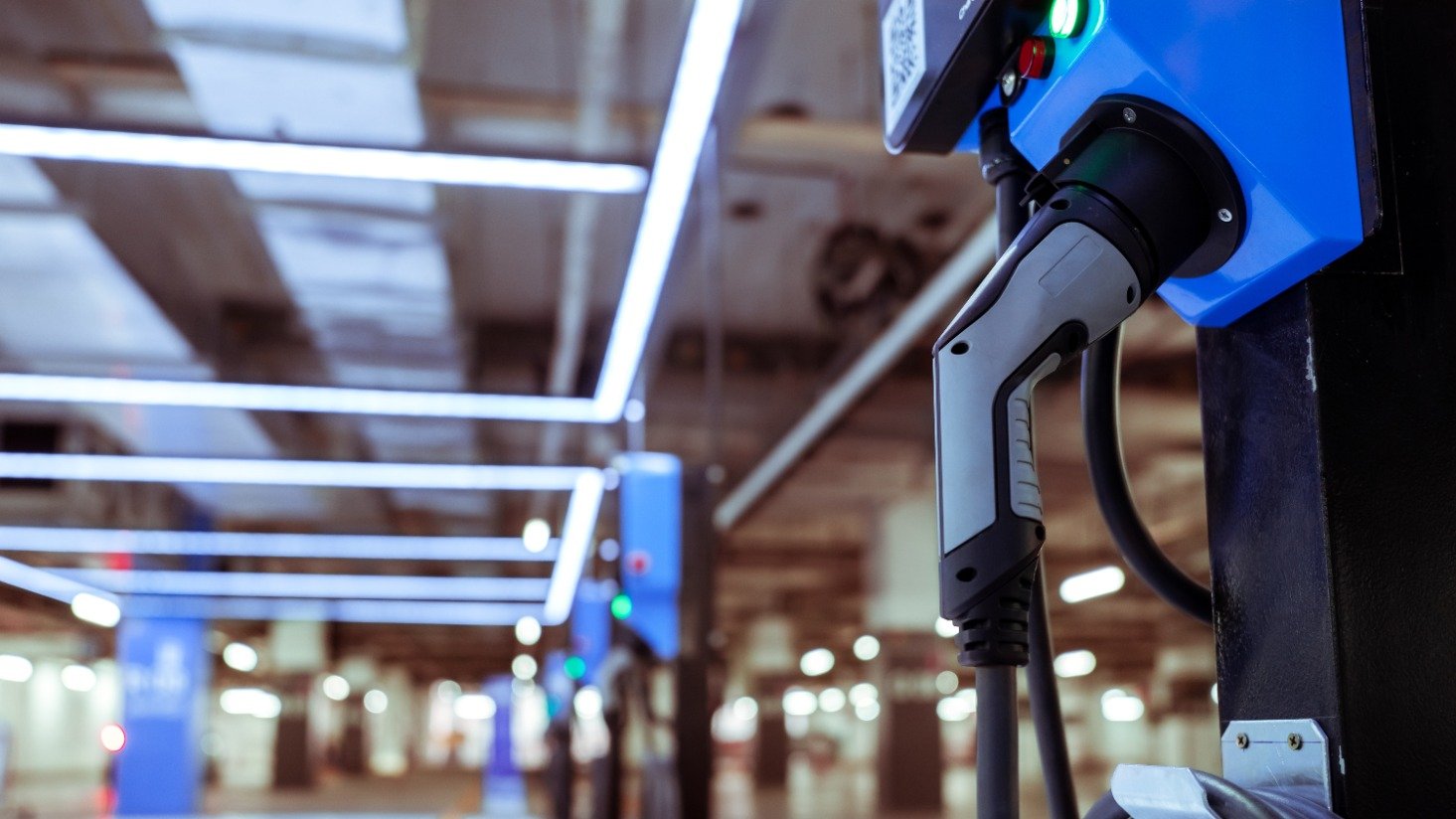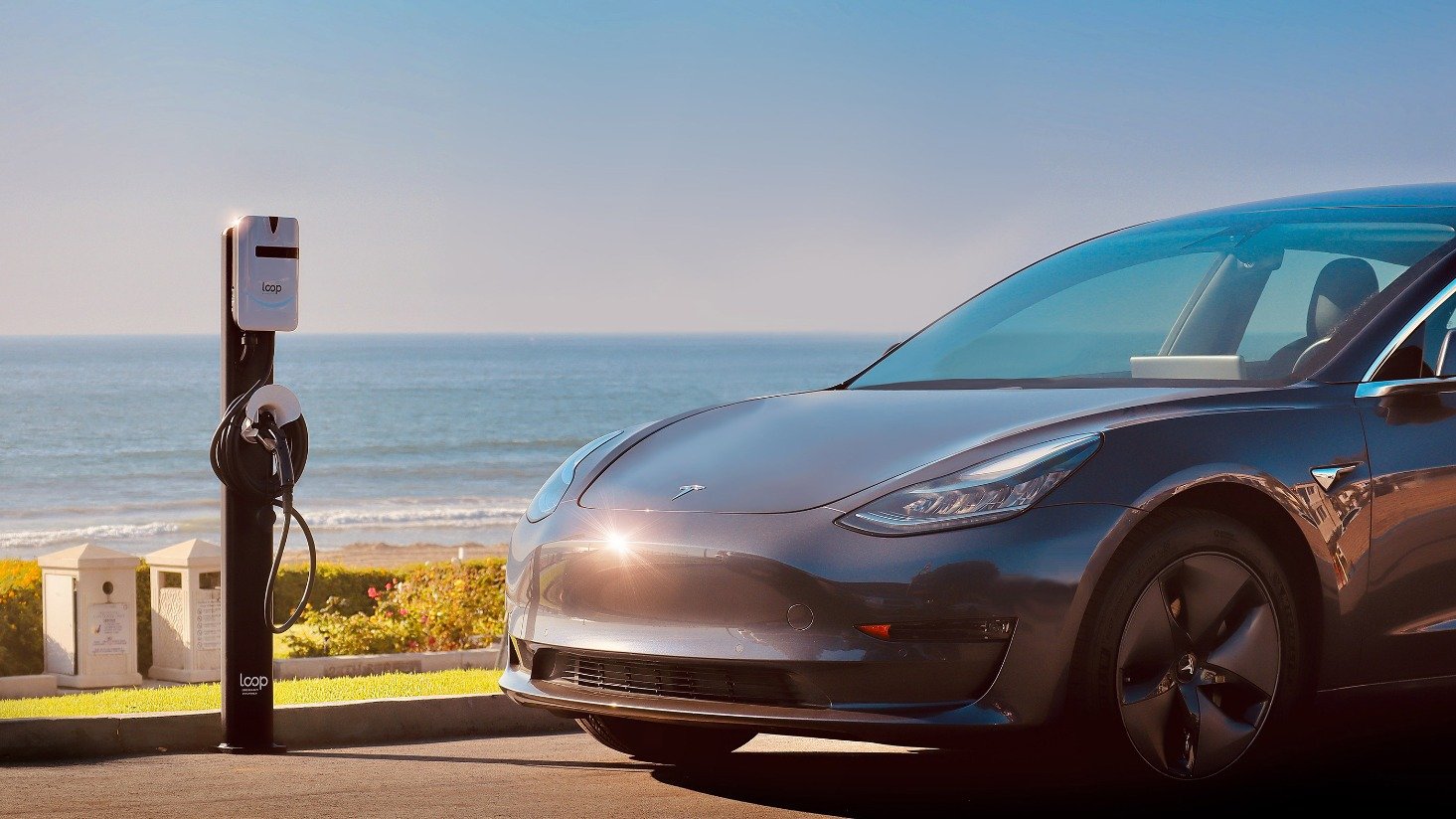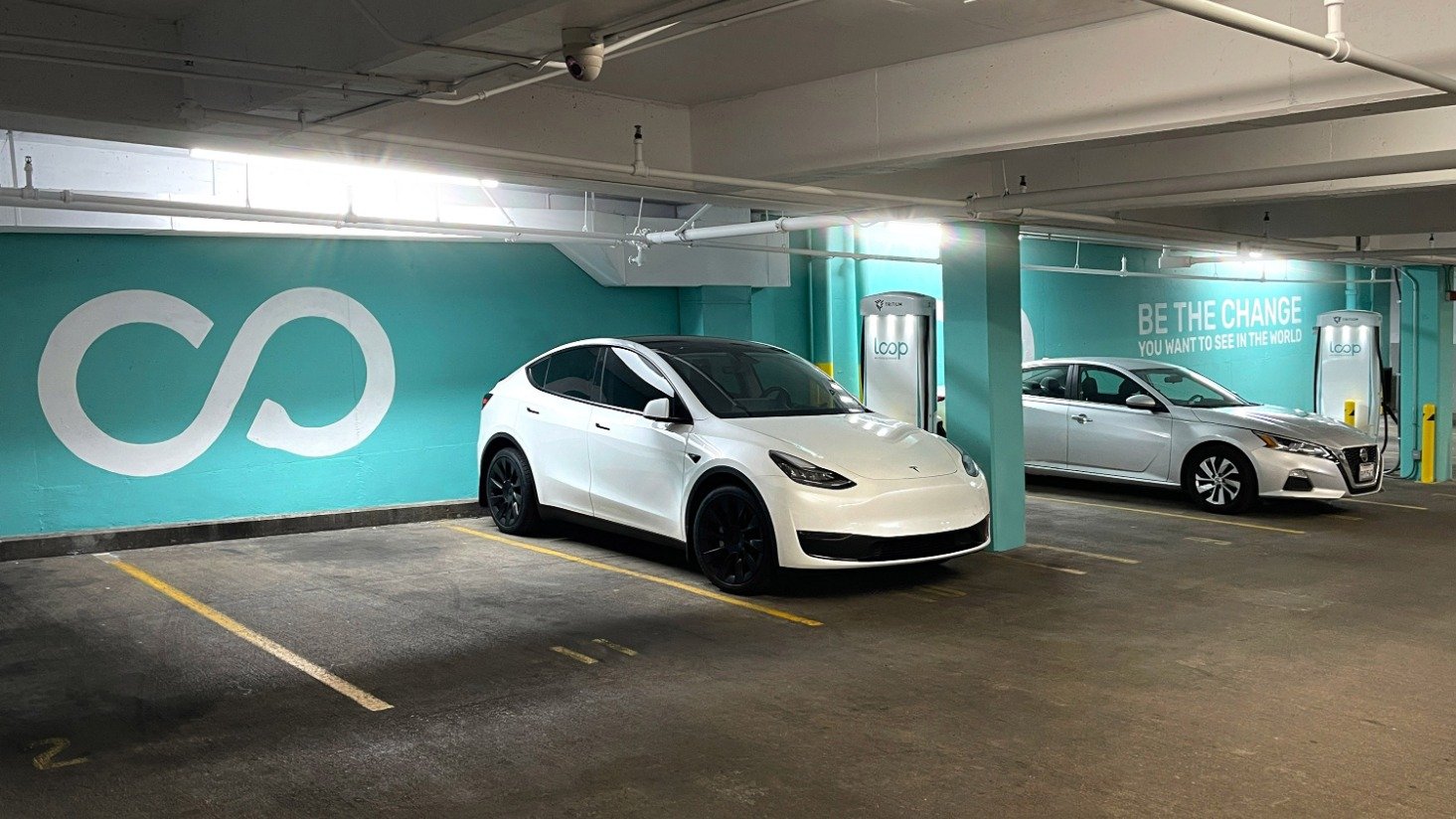The three most common EV charger installation delays
You’ve decided that you’re ready to install EV chargers. In fact, you’ve even narrowed down the type of EV charger you’re going to use. Now it comes time for the install and you find out that your project is going to take months longer than you planned.
We’re covering the three most common delays with EV charger projects. Some of these can be avoided, and some need to be planned for up-front.
If you’re still trying to consider which type of EV charger is right for you, this article will get you up-to-speed. You can also check out this article on typical EV charger installation costs.
1. Local permitting or code requirements for EV chargers
Local permitting is required for EV charger installs, and local codes can add additional requirements that you may not have planned for in your original scope. If you’re seriously considering and EV changer project, make sure your installation partner is well-versed in the local requirements for your area. ADA requirements are another consideration that can impact your installation scope.
The first benefit to nailing these details down early is that you can build code requirements into your project cost early and avoid surprises down the road. The second benefit is that you can get a sense for the permitting timeline early and set expectations at your organization. We’ve seen cases where permitting took months, and a good install partner can help you figure out what is typical in your area.
One more consideration with local codes is that you may be required to provide a minimum amount of EV charging infrastructure based on your industry. Examples of this include Gwinnett County in Georgia; Denver, Colorado; and Chicago, Illinois. The Southwest Energy Efficiency Project has a helpful list of local code requirements as a starting point.
2. EV charger installation issues
Another risk with EV charger installations is unforeseen issues during an installation. One of the best practices with this type of project is to get a complete audit and capacity study done up-front so you know how much your project will cost.
As an example, if you start an installation and find out that you don’t have enough electrical capacity onsite to power the chargers, you may end up waiting for your electric utility to upgrade your service before you’re able to proceed with the install.
3. Product lead times for EV chargers
The third most common delay on EV charger installs is simply product availability. As you’re evaluating EV charger partners and choosing the hardware and network you want to use, product availability is key. Be sure to ask questions about how much inventory the supplier has and where the inventory is stored so you have the confidence that you’ll be able to get the chargers when you need them.
Another consider that may impact lead times is rebates. There are a number of rebates available for EV chargers, but many of them are product-specific. If rebates are critical to your project, you'll want to check the product availability as well so any delays in lead times don't mess with your timeline.
Installing EV chargers
Similar to installing lighting, installing EV chargers is not always a cut and dry process — but that's why we're here. We can help with your EV charger project from start to finish. If you're interested in installing EV chargers, let us know. We'd be happy to help you select the best option for your business, while planning ahead to avoid delays.
